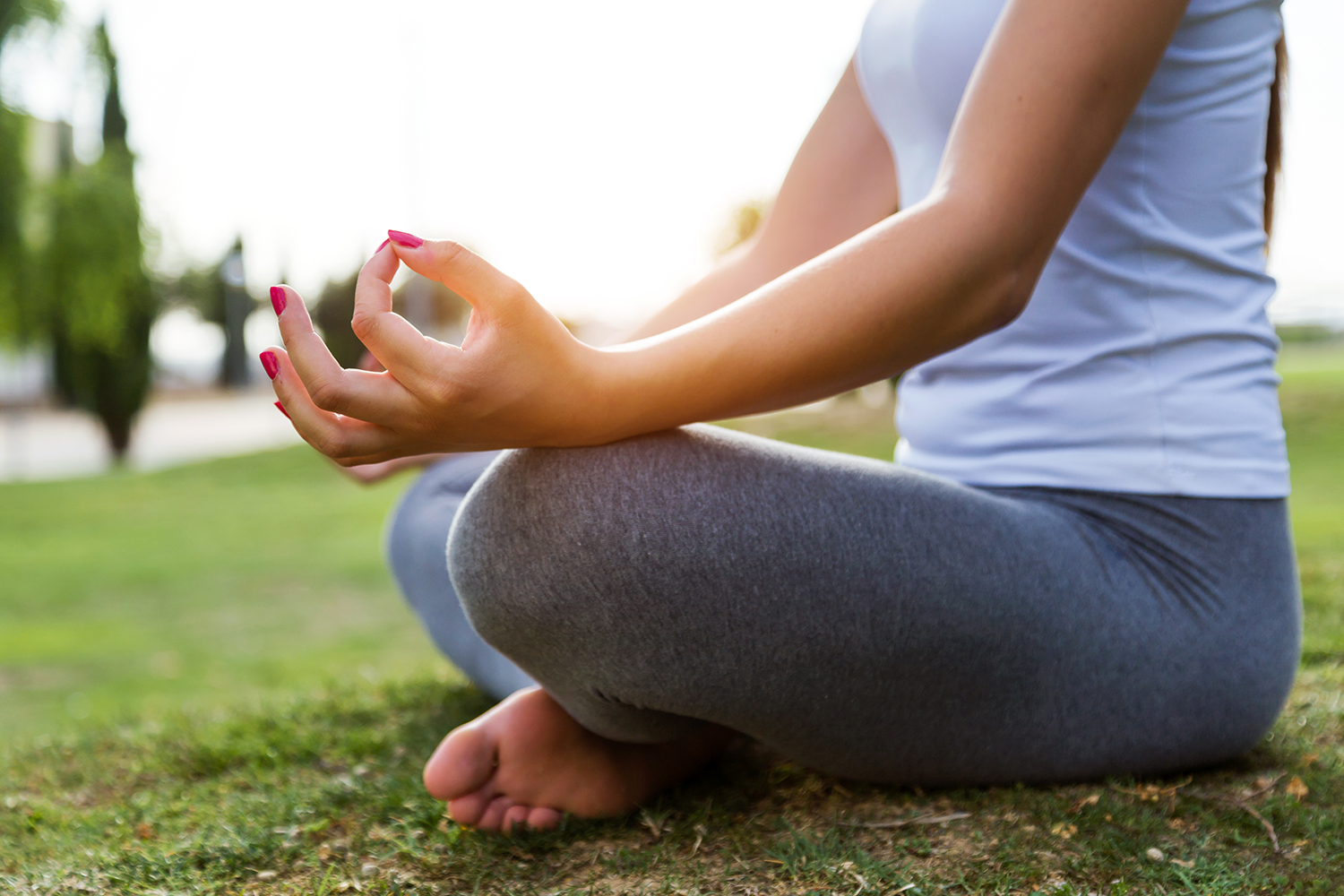Mindfulness
Do you feel like you run on autopilot or that strong emotions or urges hit you without warning and you don’t know how to deal with them? If so, you are not alone. The world we live in gets faster and faster and can crowd our minds with a constant barrage of information. Tuning into emotions and paying attention to the present moment is difficult for many people. The good news is that mindfulness can help. As you begin to implement mindfulness into your life, use my SOOTHING AND MINDFULNESS HANDOUT to guide you.
What is Mindfulness?
Wondering how mindfulness can help? Here are 7 known effects of mindfulness.
- Reduces rumination
- Mindfulness can help individuals stop dwelling on negative thoughts. It can help individuals have a more positive affect and less depressive or anxious thoughts.
- Reduces stress
- Mindfulness can help an individual have less stress, process stress in a healthier way, and have less anxiety, less depression, and less somatic distress. Mindfulness can increase immune functioning.
- Boosts memory
- Being mindful can boost working memory capacity and increase information processing speed.
- Increases focus
- Mindfulness can increase an individual’s ability to focus, or pay attention and better avoid distraction.
- Decreases emotional reactivity
- Being mindful can help individuals cope with upsetting events or information in a less emotionally reactive way.
- Increases cognitive flexibility
- Individuals who practice mindfulness can have a greater capacity for self-insight and information recall. Mindfulness can help individuals respond better to negative or stressful situations.
- Creates greater relationship satisfaction
- Being mindful can help individuals have the ability to respond well to relationship stress, and be able to communicate one’s emotions to a partner. Being mindful can influence greater relationship satisfaction and intimacy.
Mindfulness is simply observing one’s thoughts, feelings and sensations with gentleness and kindness. It is accepting the ongoing experience without becoming overly attached to the outcome. For addicts, this means being present and aware of urges or triggers, instead of getting the “next fix.” Likewise, for those experiencing anxiety, trauma, and physical or emotional pain, being mindful means being in the moment, rather than looking toward the future for an escape or relief.
 Mindfulness does not have to be hard to add to your everyday life. Simply bringing curiosity to your daily activity can bring more mindfulness to your day: brush your teeth as though experiencing the sensations for the first time; drive to work as though it is your first time to drive that route; eat breakfast as though you are tasting the flavors for the first time. Then move on to meditation. Doing structured meditations can be a great way to practice mindfulness.
Mindfulness does not have to be hard to add to your everyday life. Simply bringing curiosity to your daily activity can bring more mindfulness to your day: brush your teeth as though experiencing the sensations for the first time; drive to work as though it is your first time to drive that route; eat breakfast as though you are tasting the flavors for the first time. Then move on to meditation. Doing structured meditations can be a great way to practice mindfulness.
Mindfulness can help in many ways. Start being more mindful today! I can help. Please reach out to me so we can talk!
Helpful References on Mindfulness
- Soothing and Mindfulness Handout (pdf)
- UCLA Mindful Awareness Research Center (website)
- Stop, Breath & Think (app)
- Insight Timer – Guided Meditations (app)
- Calm (app)
REFERENCES
- Bowen, S., Chawla, N. & Marlatt, A.G. (2011). Mindfulness-based relapse prevention for addictive behaviors. New York, NY: The Guilford Press.
- Davis, D. M. & Hayes, J.A. (2012).What are the benefits of mindfulness? CE Corner (43, 7). Retrieved from: www.apa.org/monitor/2012/07-08/ce-corner.aspx
ADDITIONAL RESOURCES
- Mindsight – Daniel Siegel
- Flow – Mihaly Csikszentmihalyi
- Self-Compassion – Kristin Neff
- The Gifts of Imperfection – Brene Brown
